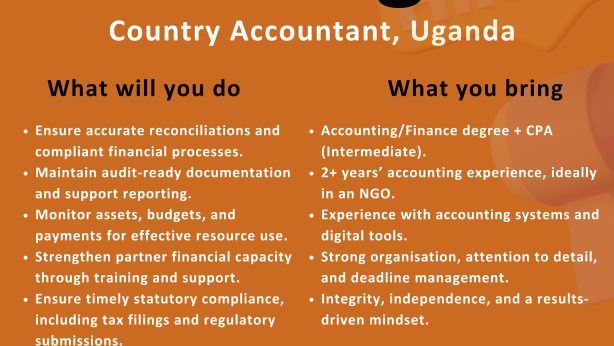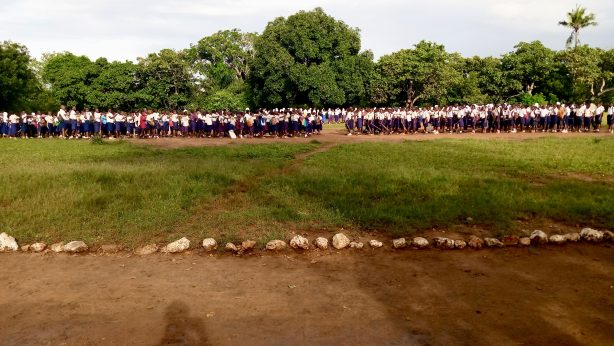UN proclaim Sep 28 as the International Day for Universal ATI
Read the full public release by UNESCO here
On 15 October 2019, the 74th UN General Assembly (UNGA) proclaimed 28 September as the International Day for Universal Access to Information.
The resolution was adopted by consensus following a presentation by the Permanent Representative of the Republic of Liberia to the United Nations, Ambassador Dee-Maxwell Saah Kemayah, who led the proposal and negotiations for the resolution.
The resolution was put forward by six UN Member States as main co-sponsors, alongside Liberia were: Argentina, Canada, Costa Rica, Sierra Leone and Ukraine. Another 23 countries joined in co-sponsoring the resolution upon its adoption.
The International Day for Universal Access to Information was initially adopted by UNESCO’s General Conference in 2015. Following the 38 C/Resolution 57, UNESCO marked 28 September as the “International Day for Universal Access to Information” (IDUAI), to raise awareness of the right to seek and receive information an integral part of the right to freedom of expression, and as key to sustainable development.
Since 2016, UNESCO has celebrated the Day and highlighted how the right to access information is an enabler of all Sustainable Development Goals within the 2030 Agenda. In 2019, UNESCO organized a series of ‘Open Talks’ around 20 countries to showcase access to information as a driver for sustainable development.
“Public access to information can enhance the protection of human rights, bring about better governance, including by fighting corruption, and drive sustainable development,” underscored Moez Chakchouk, Assistant-Director General for Communication and Information for UNESCO, during the opening of the international Open Talks global commemoration event held in Lima, Peru on 27 September 2019.
The 2019 UDUAI events were also the occasion to launch a special “in-focus” edition of UNESCO’s World Trends in Freedom of Expression and Media Development, titled “ Access to Information: a new promise for sustainable development “.
The process to establish an international day for access to information began at the 2011 Pan African Conference on Access to Information. The event was organized with support of UNESCO in order to mark the 20th anniversary of the Windhoek Declaration, which in turn had led the UNGA to declare every 3 May as World Press Freedom Day.
A significant step has been taken to make a reality of “public access to information and fundamental freedoms,” one of the specified targets in the Sustainable Development Goals.
Twaweza has been working to ensure that it creates open societies, where citizens can freely access and share information and ideas, and choose their leaders and hold them accountable, which creates a sense of belonging and gives people a stake in public affairs.
We believe that access to information helps citizens to monitor what’s going on, make comparisons and act, they gain a sense of purpose and control; a sense not only that things happen to us, but that we can make things happen.
Read more: access to information


